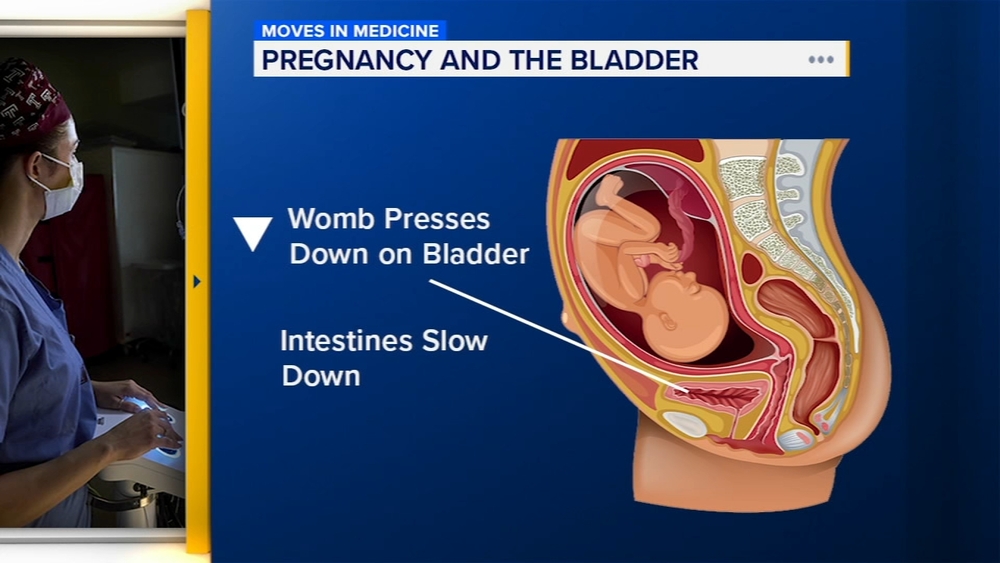Adaptive radiation tested for better accuracy, fewer side effects in cervical cancer

PHILADELPHIA (WPVI) -- A local test is underway for a radiation technique for cervical cancer that could mean a better quality of life during and long after treatment.
It's a sobering fact -- more and more women between 30 and 45 years of age are developing cervical cancer. And that's the age when regular screenings drop.
"As a result, when they do get their cancers detected. It's more locally advanced, which always presents a challenge and makes it more difficult for them to be able to get treated or lower likelihood for their treatment to be successful," says Dr. Jeremy Price, a radiation oncologist at Fox Chase Cancer Center.
Dr. Price says treatment teams would traditionally map out the treatment area, including a small margin of healthy tissue, just once, before a five-week course of radiation.
However, a lot can change during those five weeks of treatment.
"The tumor can get smaller, the position of healthy tissues can change, including the rectum and the vagina," he explains.
Extra radiation to the bowel area can cause an upset stomach, nausea or diarrhea. It can also cause problems for the bladder.
There are also longer-term risks.
"You can get scar tissue and there's definite implications for sexual health outcomes there, as well," Dr. Price notes.
And the larger the tumor, the bigger the risk, because radiation doses are higher.
Now, Dr. Price is leading a clinical trial at Fox Chase - the ARTIA-Cervix trial - to see if a new method of radiation reduces side effects.
"This adaptive radiation allows us to kind of re-plan, on the fly, every single day of a patient's treatment. So instead of having one plan for 25 days, we are, in essence, able to get 25 plans for each of those 25 days," he says.
"We are giving way less radiation dose to the bowels, if not also the bladder," he adds.
The doctor says that's especially important for younger women, with 30 or 40 years to live after treatment.
The adaptive radiation enables a very individualized treatment.
"No matter where you're getting your treatment, just make sure to talk to your doctor about all the options that are available," Dr. Price says.
Adaptive radiation is already in use for pancreatic, prostate, liver, and some head and neck cancers. It's also in trials for lung cancer.
Fox Chase is still enrolling patients in the ARTIA-Cervix trial. Anyone interested should call 1-844-416-3398.






